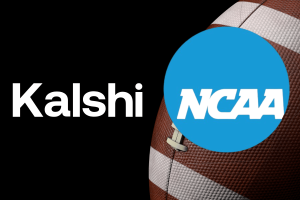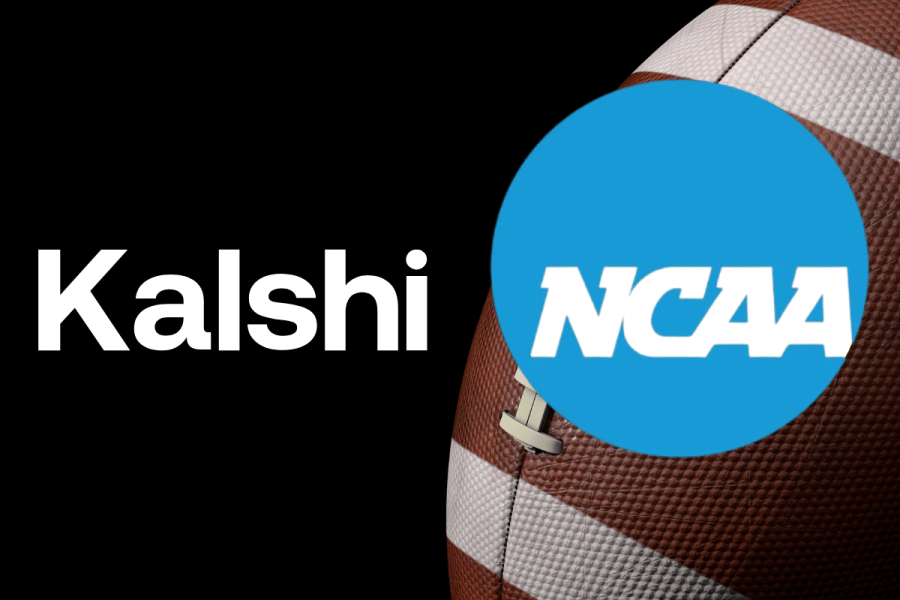A quiet dispute has erupted between the National Collegiate Athletic Association (NCAA) and the emerging prediction market platform, Kalshi, over perceptions of an official partnership. The NCAA recently sent a strongly worded letter expressing concerns that Kalshi’s website language could mislead the public into believing the organization actively verifies or approves data used on the platform.
The core of the issue centers around the phrase “Outcome verified from NCAA,” which appeared on Kalshi.com with a direct link to NCAA.com. The NCAA, in a letter dated October 30th, argued this wording falsely implies a collaborative relationship, potentially damaging the organization’s brand, especially given its historically cautious stance on sports betting.
The NCAA isn’t simply concerned about appearances. It specifically requested Kalshi revise the language to accurately reflect the lack of a formal connection. A suggested alternative: “Outcome sourced from NCAA.COM.” This seemingly small change represents a significant effort to distance the NCAA from the implications of endorsing Kalshi’s predictions.

Beyond the branding issue, the NCAA pressed Kalshi for details on its safeguards against unfair play. They demanded clarity on how the platform monitors collegiate markets for suspicious activity and handles individuals prohibited from betting – such as coaches, officials, and athletes.
The NCAA’s inquiries were pointed. They asked if Kalshi would fully cooperate with investigations, providing transaction data and geolocation information when requested. They also questioned proactive monitoring efforts and the criteria used to identify “prohibited customers.”
Further complicating matters, the NCAA raised concerns about “prop” style markets – bets on specific aspects of a game rather than the overall outcome. They inquired whether Kalshi would commit to forbidding these types of predictive markets, mirroring concerns already voiced by state regulators.
Kalshi’s rise as a competitor to traditional sportsbooks has not been without friction. The company is currently embroiled in legal battles with several state gambling regulators, who argue its event contracts function as illegal sports bets. Kalshi maintains it operates under federal regulation by the Commodity Futures Trading Commission, not state laws.
This dispute arrives at a sensitive time for the NCAA. Just last month, the organization launched an internal investigation after discovering three individuals had wagered on their own games, highlighting the growing challenges of maintaining integrity in collegiate sports.
The situation underscores the evolving landscape of sports betting and the complexities of navigating the intersection between traditional athletic organizations and innovative prediction markets. The outcome of this exchange could set a precedent for how these entities interact in the future.






